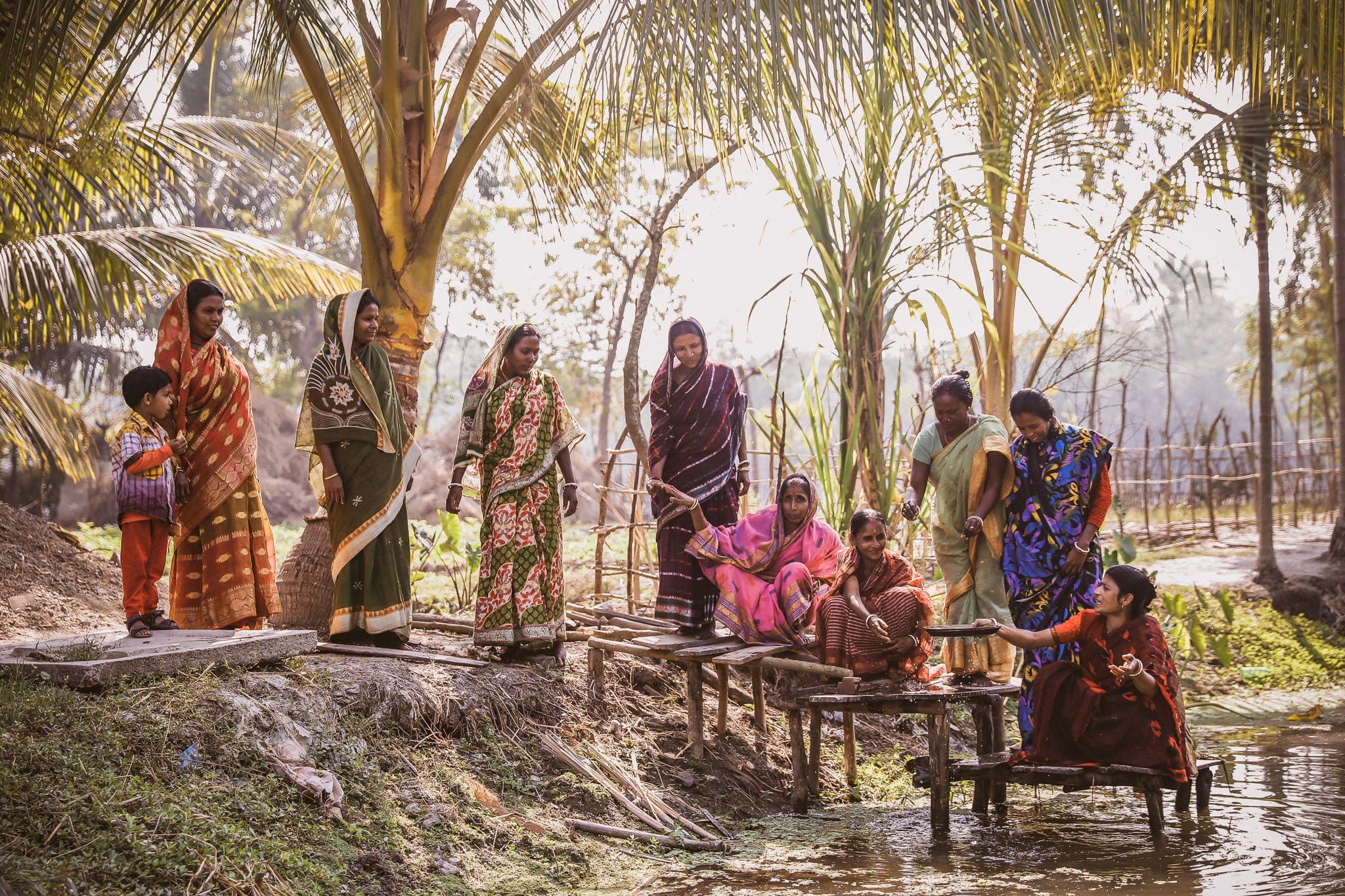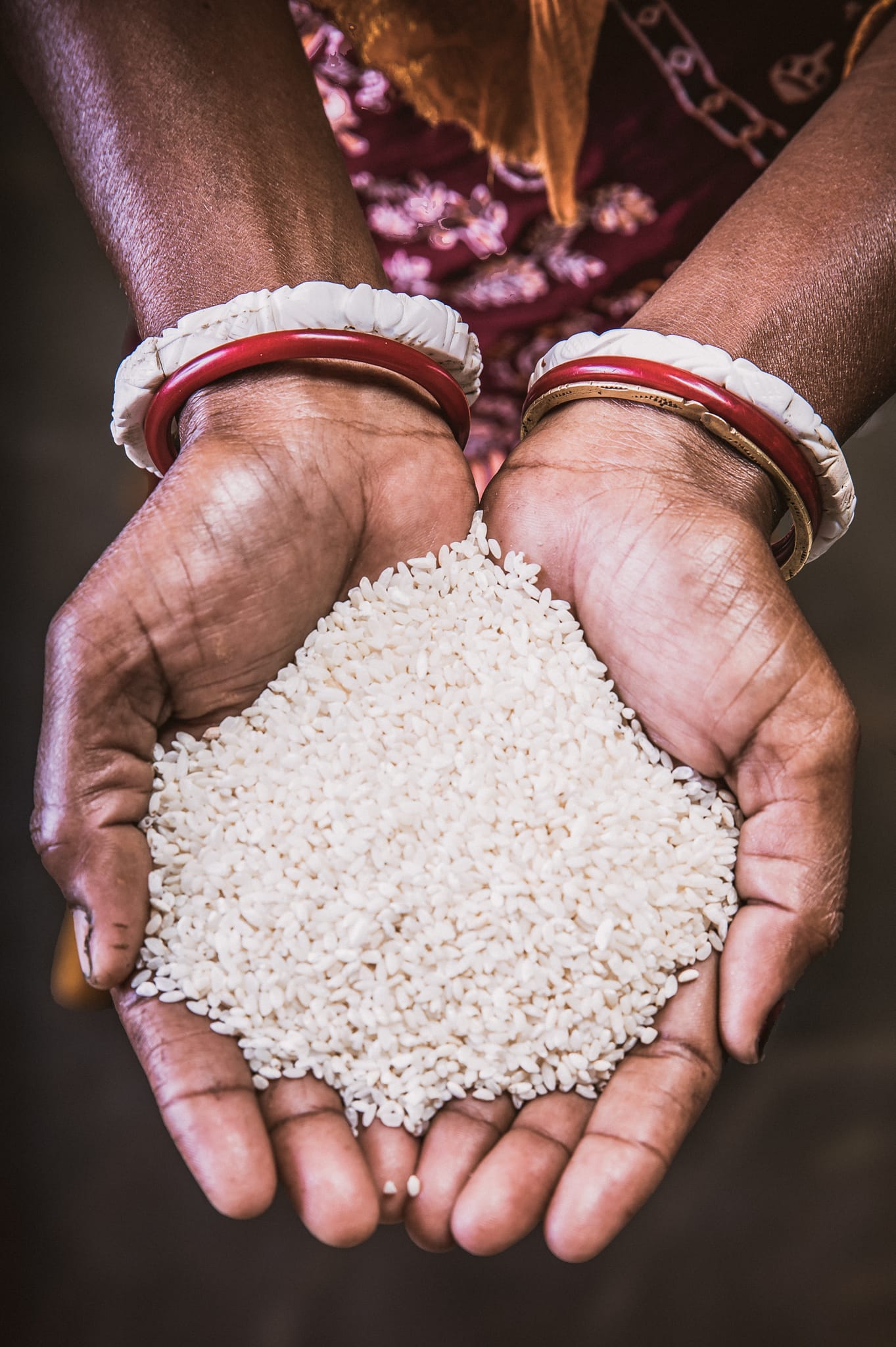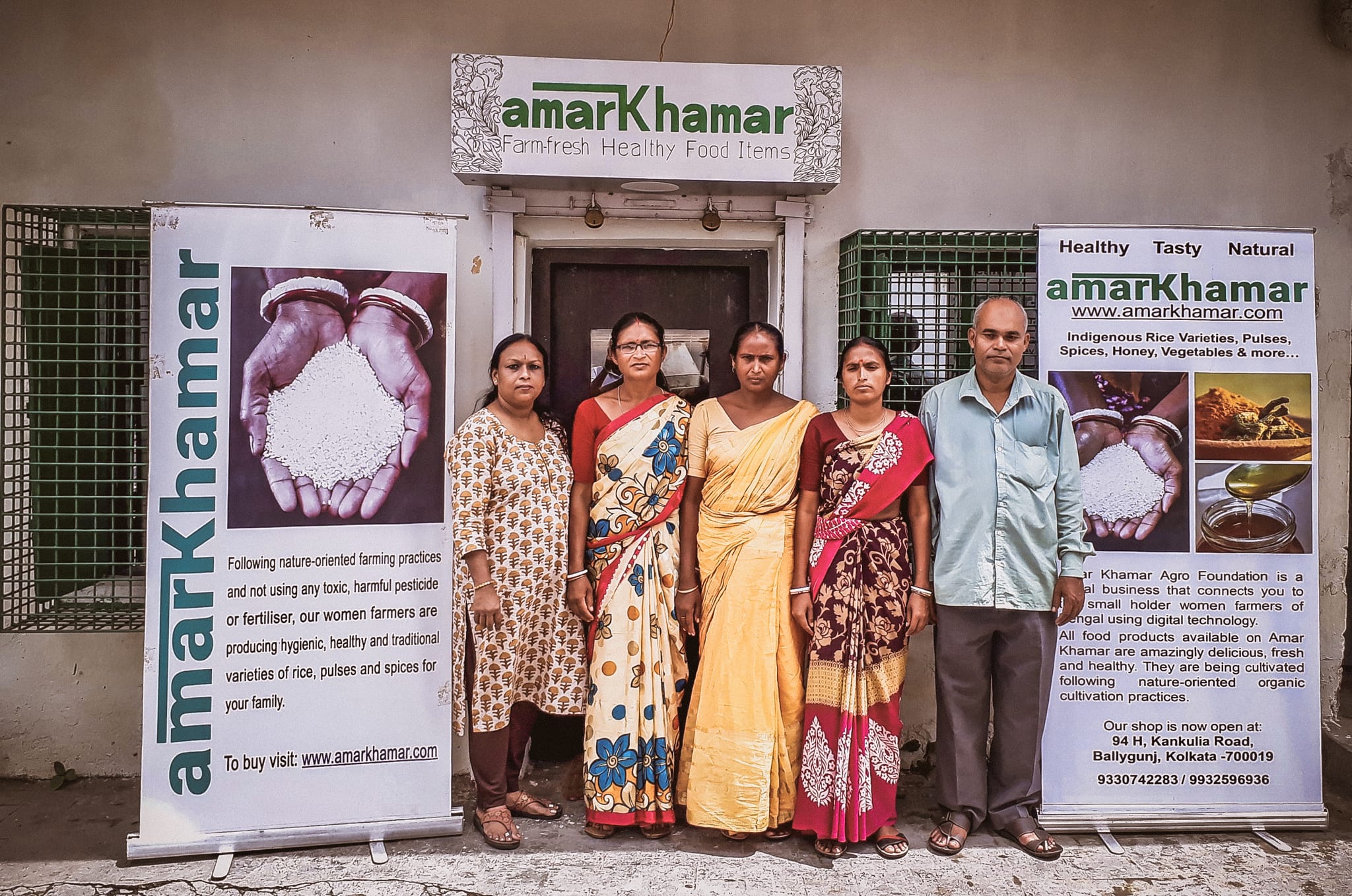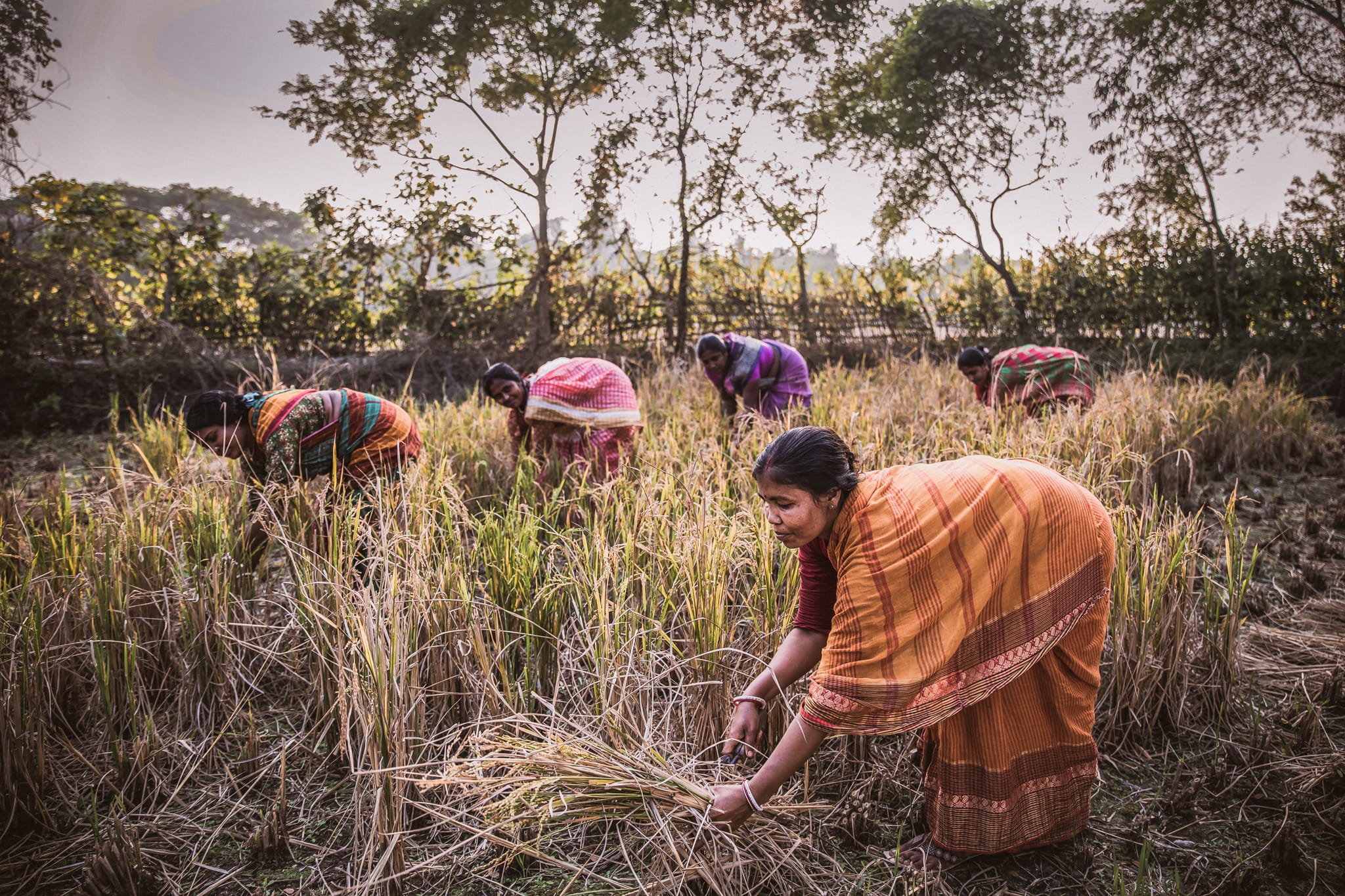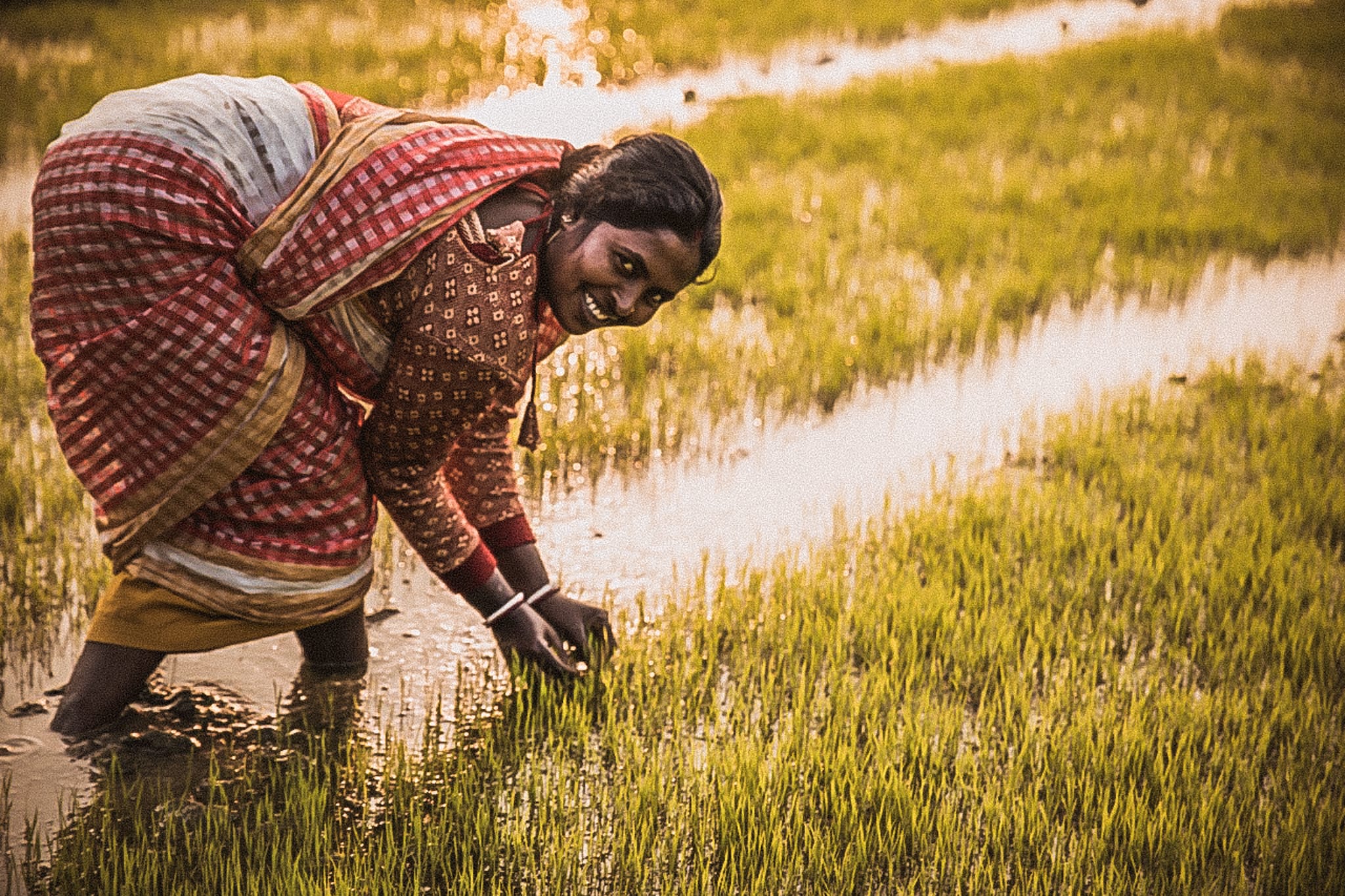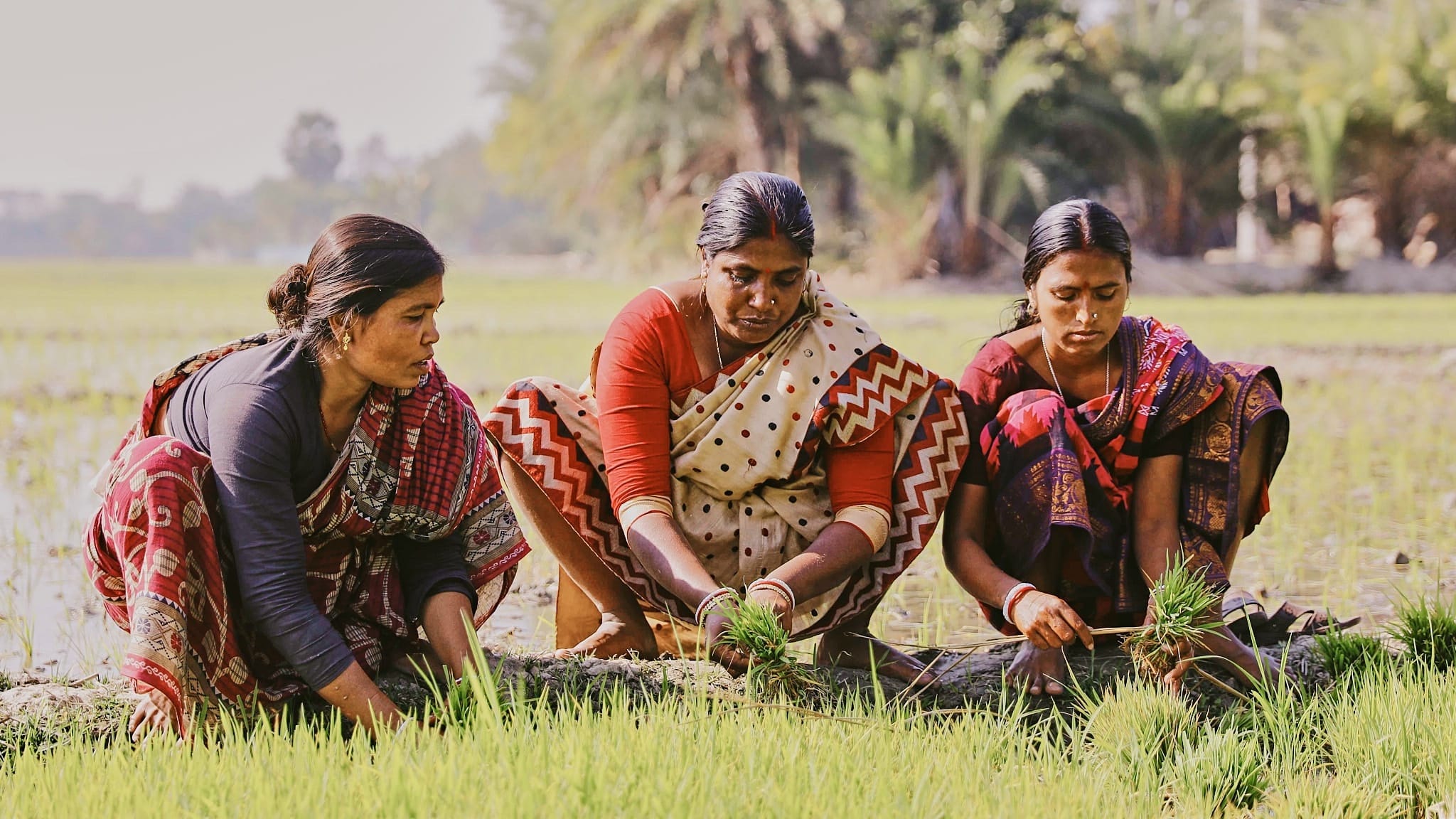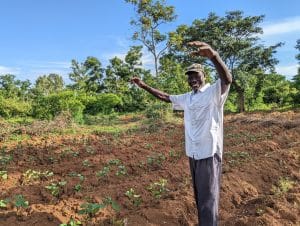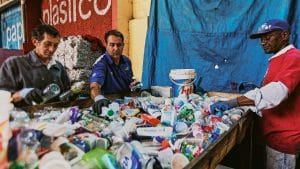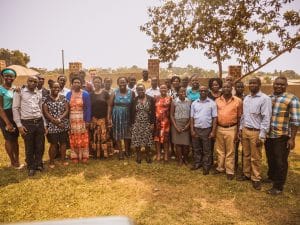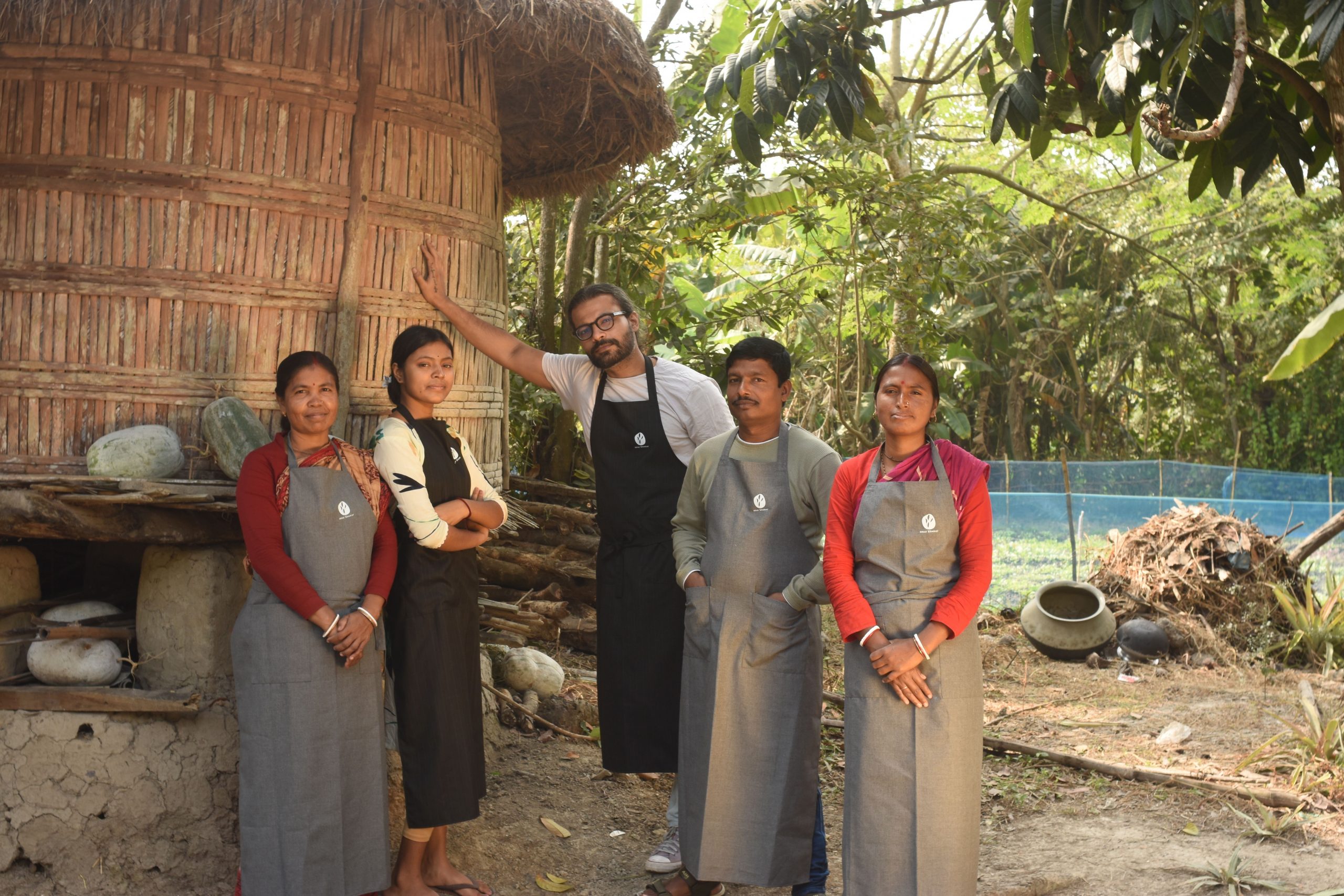
A bridge between smallholder farmers and urban consumers
Local promoter
Background
Due to high expenses and low yields, Indian smallholders often live on the edge of the subsistence level. While the ‘Green Revolution’ promised them better lives, it ultimately led thousands of farmers to commit suicide as they could no longer bear the costs of chemical inputs and got stuck in a debt trap.
In addition, they receive only a small share of the selling price, because they are dependent on middlemen to whom they sell their products. Smallholders also usually have a poor negotiation position, because they don’t know the final market price due to a lack of alternative distribution channels.
However, the transition to organic farming as an alternative for smallholders is not always smooth. It often means more intensive labour, which is not reflected in the selling price. That’s why amar khamar uses the digital revolution to bypass middlemen and achieve fair prices for organic produce. This enables a higher income for the farmers while helping to restore natural ecosystems.
From farm to plate
Through training sessions and the provision of local, unmodified seeds, amar khamar helps smallholder farmers in the Indian state of West Bengal to switch to organic farming methods. With its online platform and the social enterprise’s own store in Kolkata, the smallholders’ produce is sold fairly and directly to customers.
The vast majority of amar khamar’s farmers are women. The increased income of the women farmers directly benefits their family, especially the children. Since amar khamar only offers products that are grown sustainably, the farmers have an incentive to adapt nature-based farming practices, without using harmful fertilizers, herbicides and pesticides. Due to the resilience of indigenous seeds, only non-genetically modified seeds are being cultivated. For this, the women farmers are not only paid fair wages but also participate in a transparent pricing process.
Amar khamar offers a large variety of indigenous rice types as well as spices, lentils, honey and other products. Since the level of awareness about the advantages of indigenous species has reduced in the city, amar khamar also promotes sustainable consumption. In addition, food pop-ups organized in cooperation with food bloggers provide customers with inspiration for creative and modern recipes based on traditional rice varieties.
The knodel foundation’s support enables amar khamar’s organizational development from a start-up to a viable social business and helps turn more women smallholder farmers into local changemakers for sustainable agriculture.

